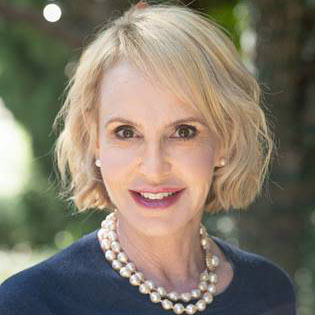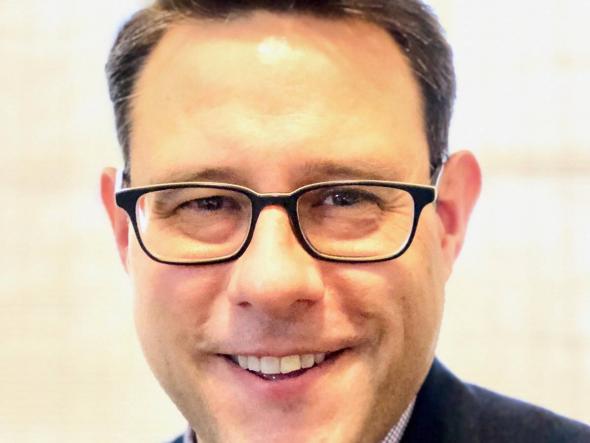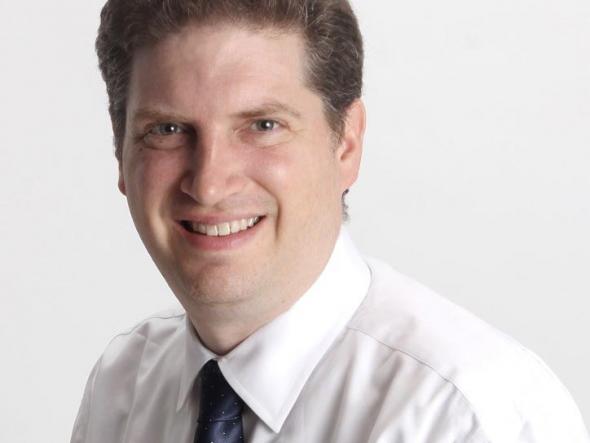Flexibility in Action
By Lise Applebaum
It all started with the fires. Last fall, Los Angeles was ablaze with fires spreading perilously close to Milken Community School. We had lived versions of this scenario before; however, this time it was different. The fires, just a hillside away, were difficult to contain and took several weeks to abate. During this time, we felt the urgency of developing a remote learning plan.
When we were permitted to return to campus again, Dr. Sarah Shulkind, our brand-new head of school, and I made preparations for remote learning a priority. After all, we knew that fires would eventually come again, if not later in the season, perhaps the following year. Over the next several months, our school’s professional leadership, in partnership with the board, invested in teacher training for remote learning. We also made sure that all of our students had access to the tools necessary for distance learning. We were ready for the next time remote learning would be required, or so we thought. Then came COVID-19.
At the beginning of March, the mayor of Los Angeles ordered our city shut. Overnight, we had to pivot from in-person classes to remote learning. At first glance, because we had prepared for remote learning at the beginning of the year, this transition was fairly seamless. Soon, though, we realized that the educational product we now needed to offer for many weeks and what we didn’t realize at the time, many, many months, needed to be enhanced if we were to truly provide an excellent education for our students. As we shifted from the immediate to the strategic, the hard work really began.
When school first closed, I don’t think any of us realized what a monumental challenge preparing for education in times of a pandemic represented. As a school, we have always prided ourselves on being ready for unexpected challenges, and in the case of COVID that meant being ready for three separate, multilayered scenarios: 1) fully remote, 2) hybrid learning and 3) in-person learning. There were so many questions we had, and so many we didn’t even know to ask.
Sarah and I assembled a COVID-19 Advisory Committee, composed of experts in the field of medicine, health and municipal and state policy. We knew that the success of our response to COVID was based on the strength of partnerships among professional staff, partnerships with outside experts and the strong partnership of the board with our head. These partnerships allowed us to formulate answers to our questions and to revise our response to those questions as circumstances change, which is the one constant of COVID.
With so much uncertainty, of the utmost importance is my recognition, and that of our board, that our head is the professional charged with leading our school. We fully trust in her ability to do so even during a pandemic. My goal is to be her strategic partner; we talk almost daily to share ideas with one other, share resources, brainstorm and problem-solve.
Sarah and I remain calm and resolute in our desire to steer our institution through this challenge. We model that behavior for our students, parents, lay leaders and professional staff each day. This allows us to focus our work together on strategic priorities—first and foremost, the educational product we want to provide to our students. Our next focus is on ways to help our families, especially those negatively impacted financially or emotionally by COVID.
This past spring, our head and leadership team, along with our executive board and finance committee, spent many hours studying the school’s needs in this new educational paradigm. We developed our response to ensure that we educated our students in the best way possible and that our students could remain at Milken even if their families were under financial strain. We restructured our school in anticipation of these changes, which produced cost-savings and allowed us to invest in technology and distance-learning specialists. We also were fortunate to have donors who recognized this critical moment and generously supported the school.
Even before COVID, Jewish day schools faced substantial challenges; in many ways, COVID was an accelerant to some of the changes that needed to occur. Without denying the seriousness of the many challenges ahead, we can recognize that COVID has created opportunities for us to think differently, both about how education can look in the 21st century and also who we can reach using remote learning. While we all yearn for the start of a normal school year, I am grateful for the lessons I have learned during this time: the importance of flexibility and agility, the immeasurable value of a strong relationship with your head and board, and the humility of recognizing there is so much more to learn.
 Lise Applebaum is the chair of the Board of Trustees at the Milken Community School in Los Angeles.
Lise Applebaum is the chair of the Board of Trustees at the Milken Community School in Los Angeles.




